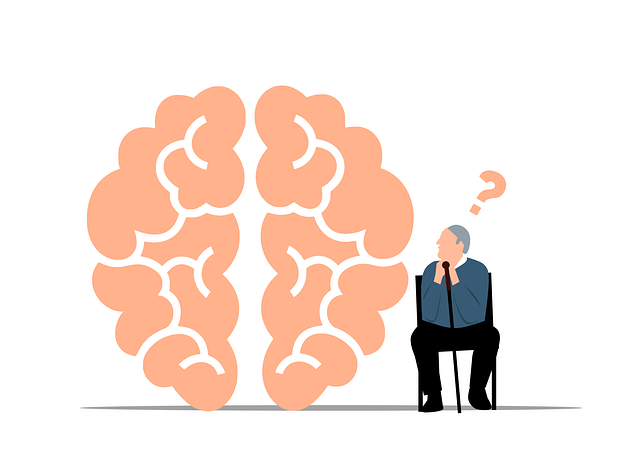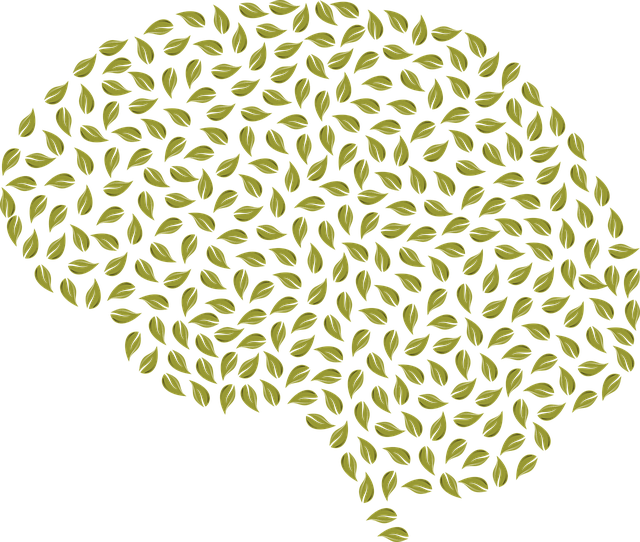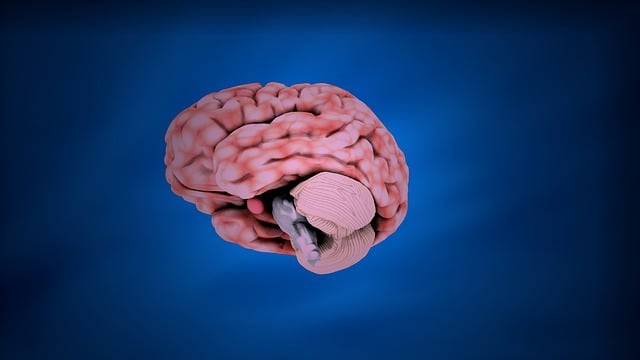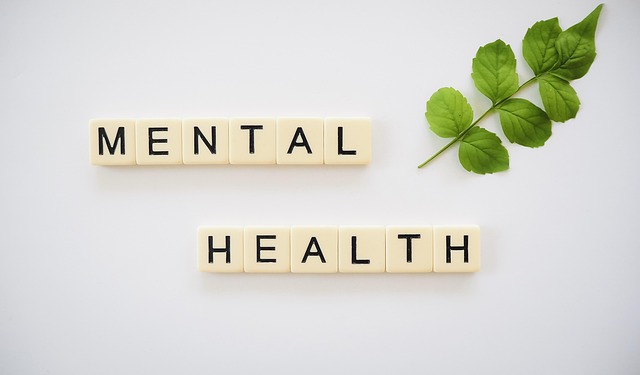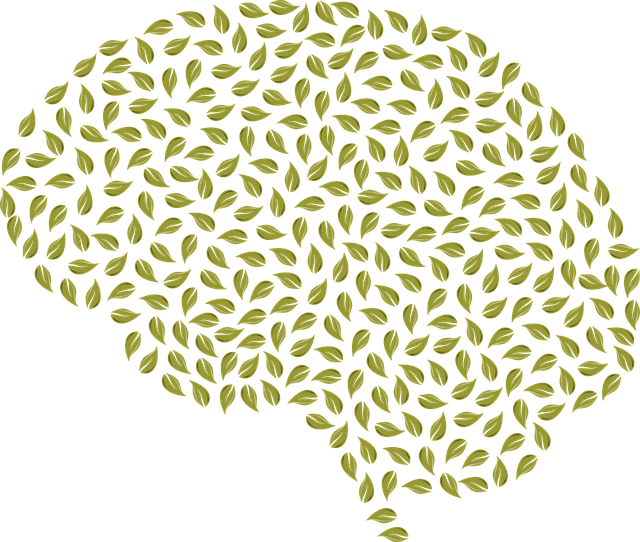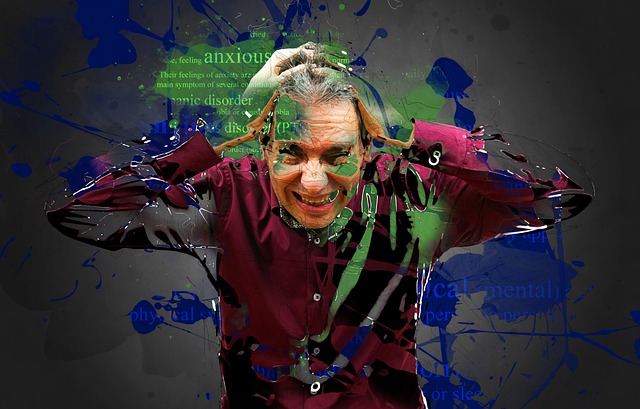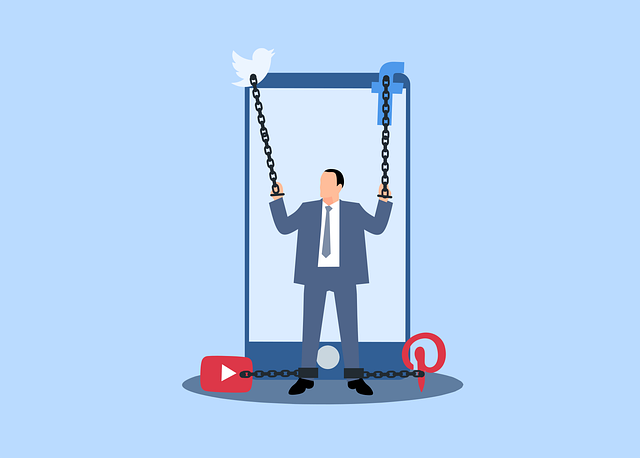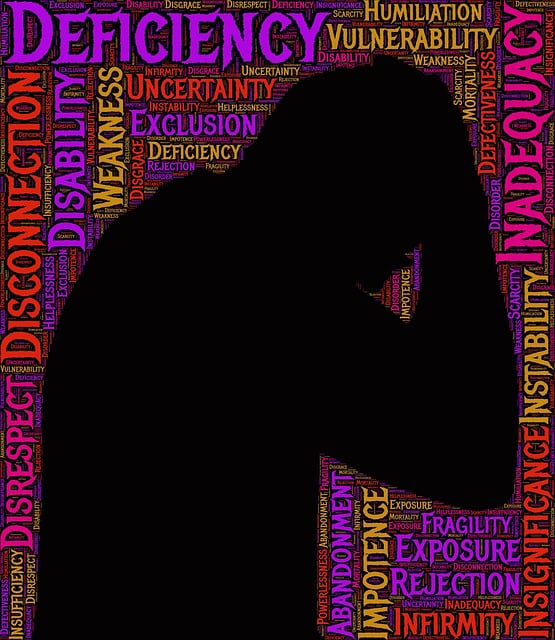Boulder ADD-ADHD Therapy focuses on developing emotional intelligence (EI) through self-awareness, a cornerstone for well-being. By recognizing and accepting emotions, individuals gain valuable insights into their inner world, leading to improved social skills, crisis intervention, and self-care routines. This personalized approach combines therapeutic techniques, mindfulness meditation, and stress management to empower clients with ADD/ADHD to navigate challenges, foster empathy, and boost emotional intelligence, ultimately enhancing relationships and life quality.
Emotional intelligence (EQ) is a powerful tool for personal growth, fostering better relationships, and navigating life’s challenges. This article delves into the essential components of EQ, offering insights on how to build self-awareness, a foundational aspect of emotional intelligence. We explore effective strategies tailored for individuals with ADD/ADHD, highlighting the transformative role of Boulder ADD-ADHD Therapy in cultivating EQ. Additionally, discover practical tips and techniques to seamlessly incorporate emotional intelligence into your daily routine.
- Understanding Emotional Intelligence: The Foundation of Self-Awareness
- Unlocking the Potential: Strategies for Enhancing EQ in Individuals with ADD/ADHD
- The Role of Boulder ADD-ADHD Therapy in Cultivating Emotional Intelligence
- Practical Tips and Techniques for Daily Life: Incorporating EQ into Your Routine
Understanding Emotional Intelligence: The Foundation of Self-Awareness

Emotional intelligence (EI) is a fundamental aspect of human interaction and well-being. At its core, EI begins with self-awareness—a crucial component that forms the foundation for building emotional intelligence. Understanding your emotions, strengths, weaknesses, and how they impact your thoughts and behaviors is the first step in this process. This involves recognizing and accepting one’s feelings, even those deemed challenging or uncomfortable, which fosters a deeper connection to oneself.
In Boulder ADD-ADHD Therapy, professionals emphasize self-awareness as a cornerstone for personal growth. By cultivating this skill, individuals can better navigate their emotional landscape, leading to improved social skills training and crisis intervention guidance. Moreover, it paves the way for developing effective self-care routines, which are essential for maintaining good mental health. This journey of self-discovery encourages folks to embrace their emotions as valuable insights into their inner world.
Unlocking the Potential: Strategies for Enhancing EQ in Individuals with ADD/ADHD

For individuals navigating life with ADD/ADHD, unlocking their full potential often involves a journey into emotional intelligence (EQ). Boulder ADD-ADHD Therapy offers valuable strategies to enhance EQ, recognizing that self-awareness and understanding emotions are key components of success. Through tailored therapeutic approaches, individuals can learn to manage their unique challenges, transforming them into opportunities for growth.
One effective method is integrating Mindfulness Meditation and Stress Management techniques, which help in regulating emotions and improving focus. Mental Health Policy Analysis and Advocacy plays a crucial role in ensuring access to these transformative tools. By fostering self-acceptance and empathy towards others, individuals with ADD/ADHD can build strong emotional connections, boost their confidence, and achieve a higher quality of life.
The Role of Boulder ADD-ADHD Therapy in Cultivating Emotional Intelligence

Boulder ADD-ADHD Therapy plays a pivotal role in cultivating emotional intelligence, particularly for individuals navigating Attention Deficit Disorder (ADD) or Attention Deficit Hyperactivity Disorder (ADHD). This specialized therapy offers a structured approach to enhancing self-awareness and managing emotions effectively. Through personalized sessions, therapists guide clients in recognizing and understanding their feelings, which is the cornerstone of emotional intelligence development.
The process involves various techniques tailored to improve mental wellness and mitigate burnout, common challenges faced by healthcare providers and individuals with ADD/ADHD. Social skills training, an integral component, equips participants with the ability to interpret social cues, fostering better connections and empathy. By combining these strategies, Boulder ADD-ADHD Therapy empowers clients to make sense of their emotions, improve decision-making, and build resilient coping mechanisms, ultimately leading to enhanced emotional intelligence.
Practical Tips and Techniques for Daily Life: Incorporating EQ into Your Routine

Building emotional intelligence (EQ) is a powerful tool for enhancing your daily life and well-being. Here are some practical tips to help you incorporate EQ into your routine, even if you’re managing conditions like ADD/ADHD. Start by cultivating emotional awareness. Take moments each day to reflect on your emotions—recognize what they are and why they arise. This practice forms the foundation for better emotional regulation, a key aspect of EQ.
Incorporate mindfulness practices into your daily life, such as meditation or mindful breathing exercises. These techniques can help you stay grounded in the present moment, improving focus and reducing impulsive reactions. Additionally, engage in compassion cultivation practices. Acts of kindness, positive affirmations, and deep listening not only benefit others but also foster a sense of connection and mental wellness. Consider joining a Boulder ADD-ADHD therapy group or exploring resources from Mental Wellness Podcast Series Production for tailored support on your EQ-building journey.
Emotional intelligence, a vital skill for navigating life’s challenges, can be cultivated through understanding self-awareness and implementing effective strategies. For individuals with ADD/ADHD, Boulder ADD-ADHD Therapy offers a specialized approach to enhance EQ, promoting personal growth and improved relationships. By integrating practical tips into daily routines, one can foster emotional intelligence, leading to more fulfilling interactions and overall well-being.

